When will subminiature lidar be commercialized?
Automatic driving technology has gradually matured and become a major strategy for major giants and automobile companies in the next decade. Recently, it is reported that Samsung will also enter the field of automatic driving and develop ultra small lidar, but its commercial time still needs five years.

As an important part of automatic driving and advanced driving assistance system, lidar can emit laser and determine the range of target object by calculating the time required for the laser to return to the receiver. Recently, Samsung Electronics has also begun to develop lidar sensor for automatic driving, and is committed to commercializing the technology in 2026.
After Samsung launched the image sensor for on-board system, it obviously wants to further strengthen the company's automobile related business.As for lidar system, it is mainly composed of computing chip, pulse laser and detector. Now, Samsung's system LSI has recently completed the development of computing chips.
The chip can calculate the distance between target objects by analyzing the refraction data related to light.
Meanwhile, in order to realize the miniaturization of the device, Samsung also uses metamaterials with controllable optical properties.As for pulsed lasers and detectors, Samsung is said to be developing time of flight based solutions.If all goes well, Samsung will deliver a complete set of lidar within the next five years. The company's goal is to achieve a range of 100 meters.
Unlike the 360 ° cylindrical lidar scanning system provided by large manufacturers such as velodyne and luminar, Samsung is committed to making the new lidar sensor small enough.These devices can be installed in the center of the roof like antennas. However, from the perspective of vehicle design, its beauty is really hard to compliment.
In addition, as the main obstacle affecting the popularization of lidar technology, the current product cost is generally between 40 million to 100 million won (225000 to 563000 RMB).If you are trying to deploy multiple small lidar modules to autopilot, Samsung is expected to reduce the price of these modules to less than 50 thousand won (281RMB).
Yole development predicts that from 2020 to 2026, the vehicle lidar market will achieve an average annual growth of 113%, and the market scale will reach US $1.7 billion.


